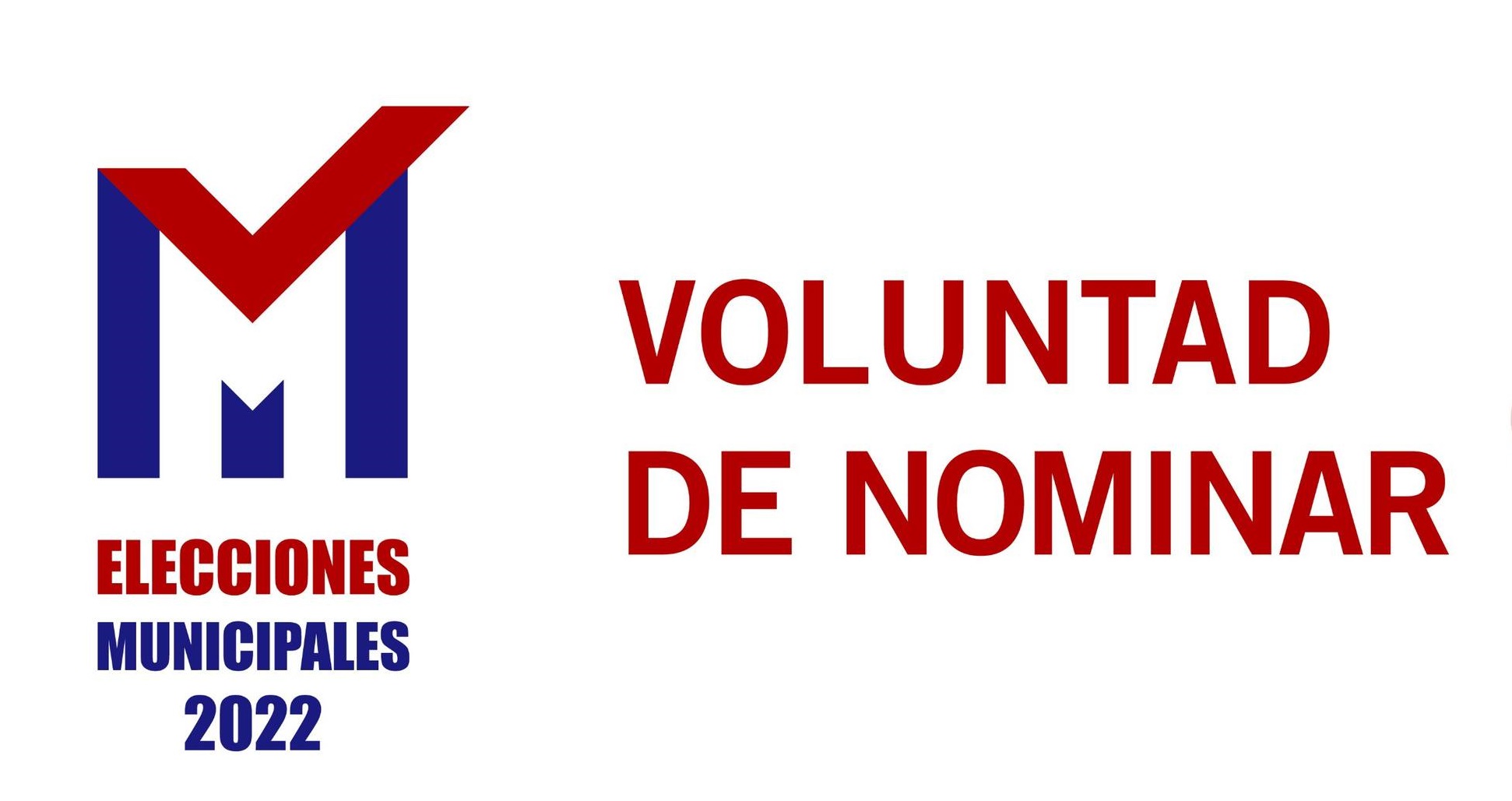
With the precedent of a popular referendum that distinguished the province for attendance at the polls and the quality of the vote, more than 331,900 voters from Ciego de Ávila must attend, starting tomorrow, the nomination meetings for candidates for delegates to the Municipal Assemblies of Popular Power (AMPP).
Marleny Báez Valdivia, vice president of the Provincial Electoral Council (CEP) pointed out that this process will take place from October 21 to November 11 and the municipal electoral commissions will determine the nomination areas, based on the number of inhabitants and Committees for the Defense of the Revolution.
She recalled that Law 127 "Electoral Law" establishes that each constituency can have up to eight nomination areas, in which a candidate will be approved directly and by a show of hands (with 50 percent plus one of the votes), who It will go to the ballot on the day of the vote, set for the coming November 27.
On December 4, the second round will take place in those constituencies in which none of those elected obtain more than 50 percent of the valid votes cast, she explained.
To be elected a candidate for delegate to the AMPP, it is essential to be 16 years old, have residence in an electoral constituency of the municipality and be nominated in that space, as established by current legislation, she said.
She specified that those appointed by free, equal direct and secret vote may serve for a period of five years.
Composed of the delegates, the AMPP are the superior organs of State power in their demarcation and, consequently, they are vested with the highest authority in their territory, as defined by current legislation.
Osvaldo Álvarez Díaz, president of the CEP, explained that based on the experiences of the popular referendum process, the work with the electoral registers was perfected, as well as the training of the members of the tables and the information processing teams.
The electoral process will be carried out in 547 circumscriptions distributed in the 10 municipalities of Ciego de Ávila, with the indispensable support of the organisms and entities represented in the different areas, so as to ensure success.
Liván Izquierdo Alonso, first secretary of the Communist Party of Cuba in Avilanian territory, urged to achieve higher levels of organization during the convening and preparation of the assemblies, in the latter with the presence of national symbols and allegorical propaganda at the time.
He referred to these meetings as spaces to recognize participants in the recovery of Cuba's western provinces after the passage of Hurricane Ian, and outstanding CDR members and federates in community work.




